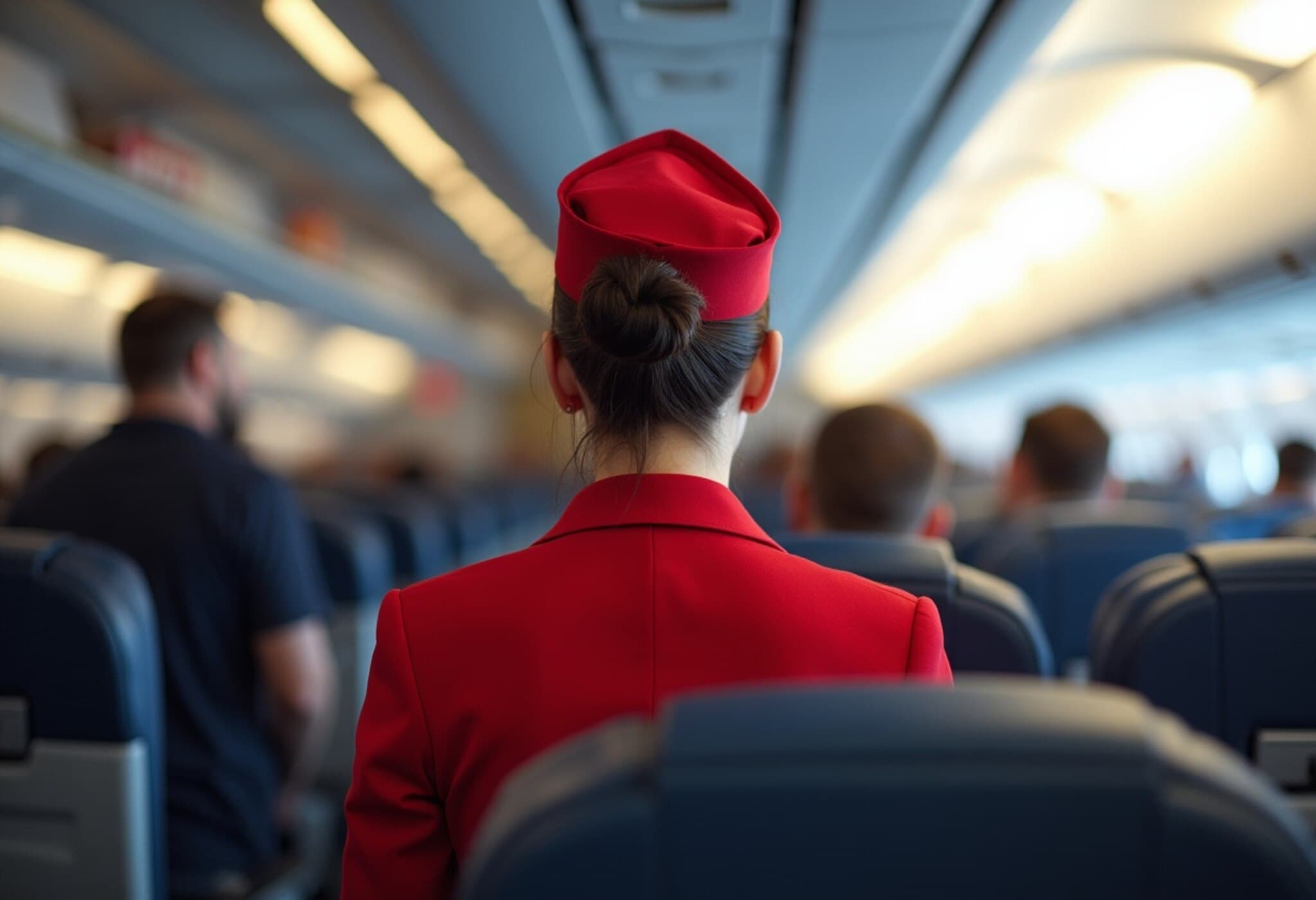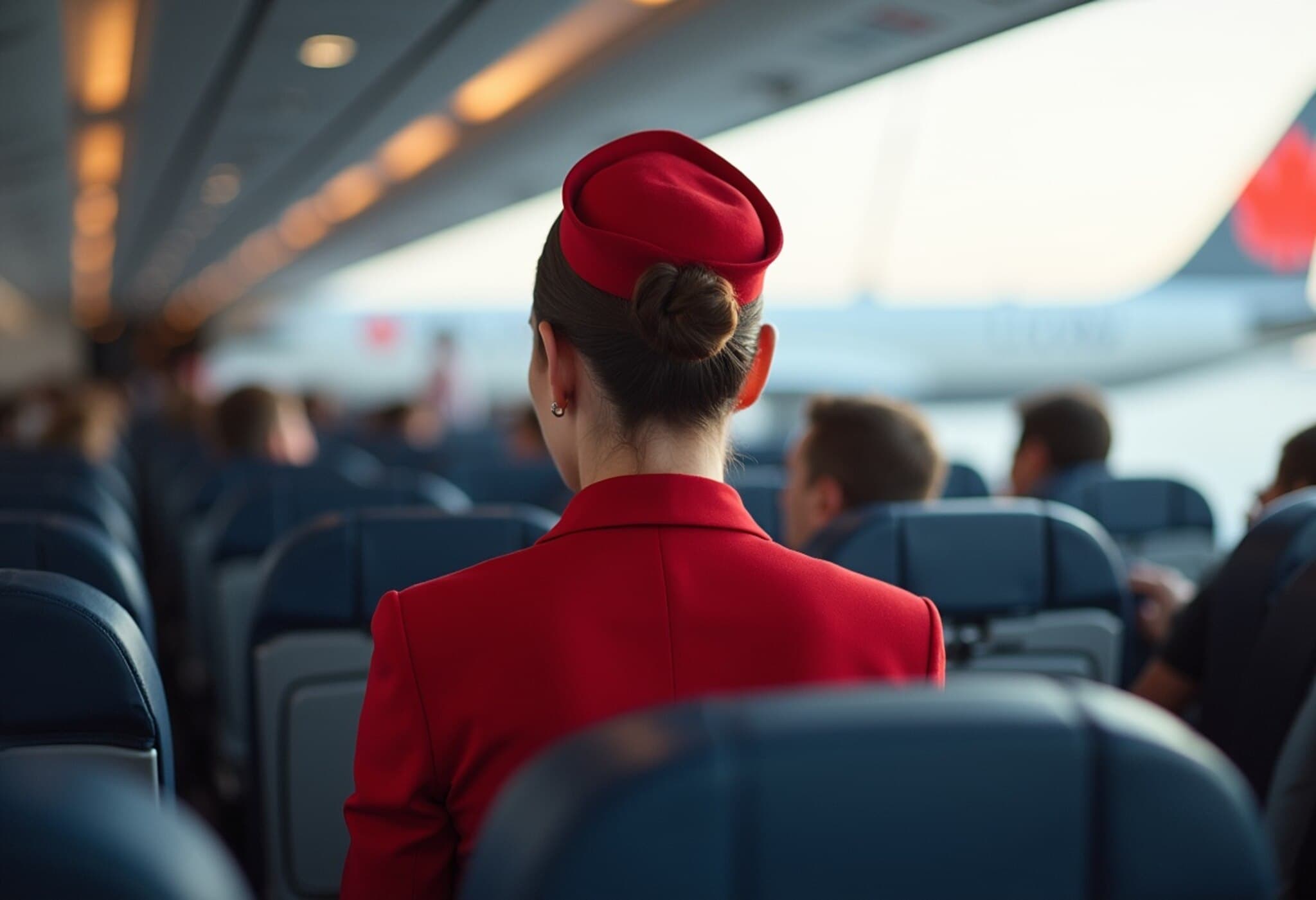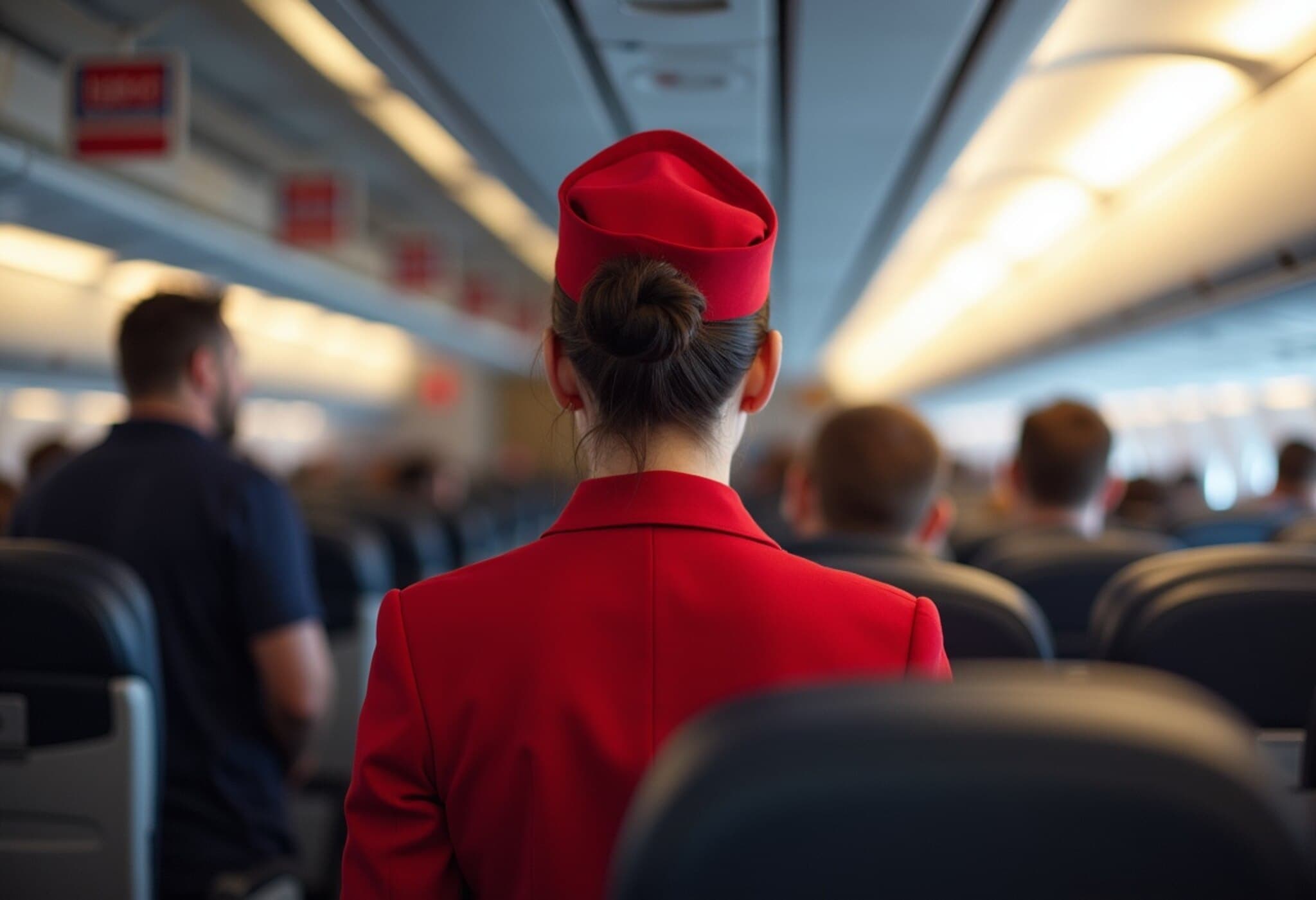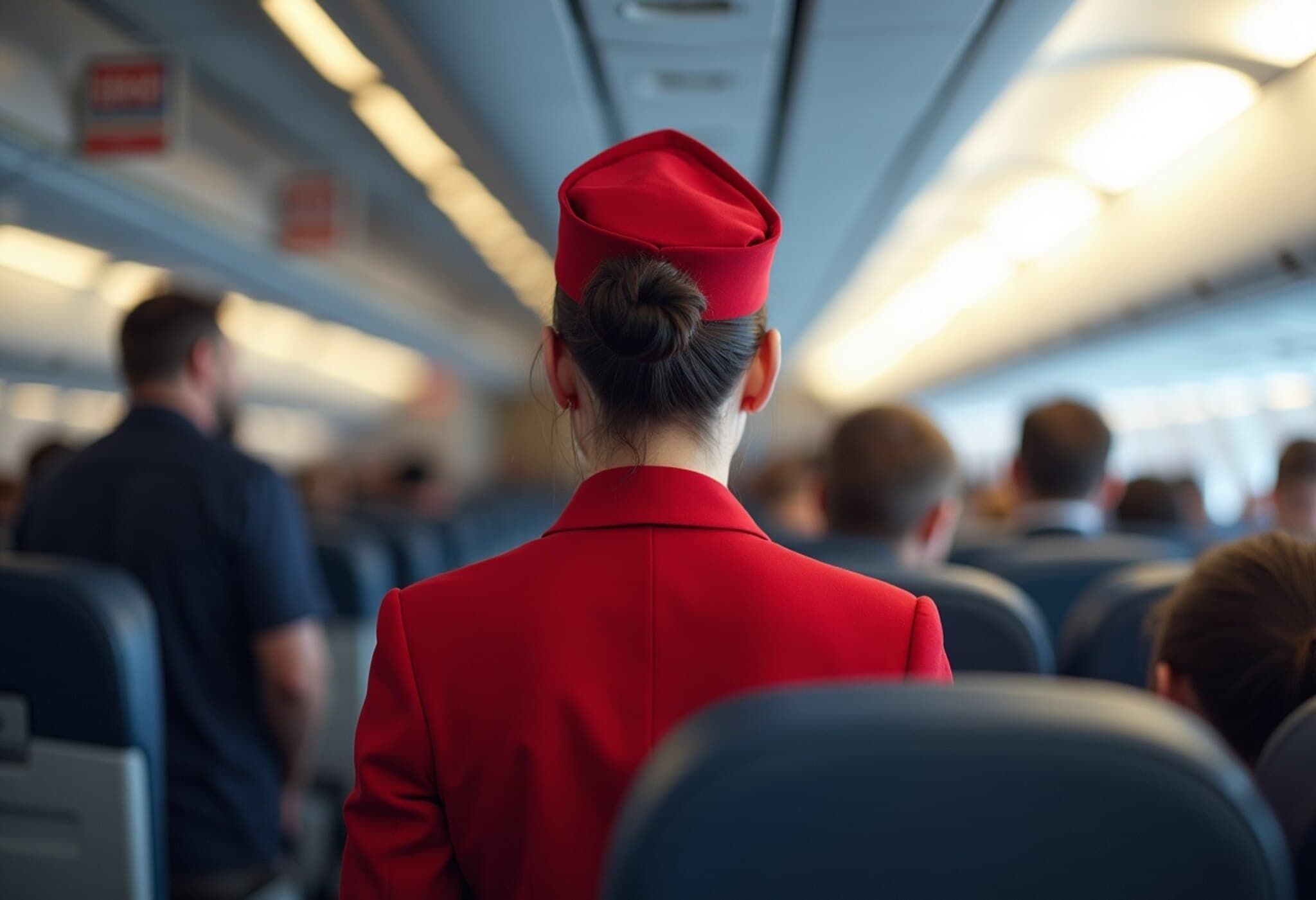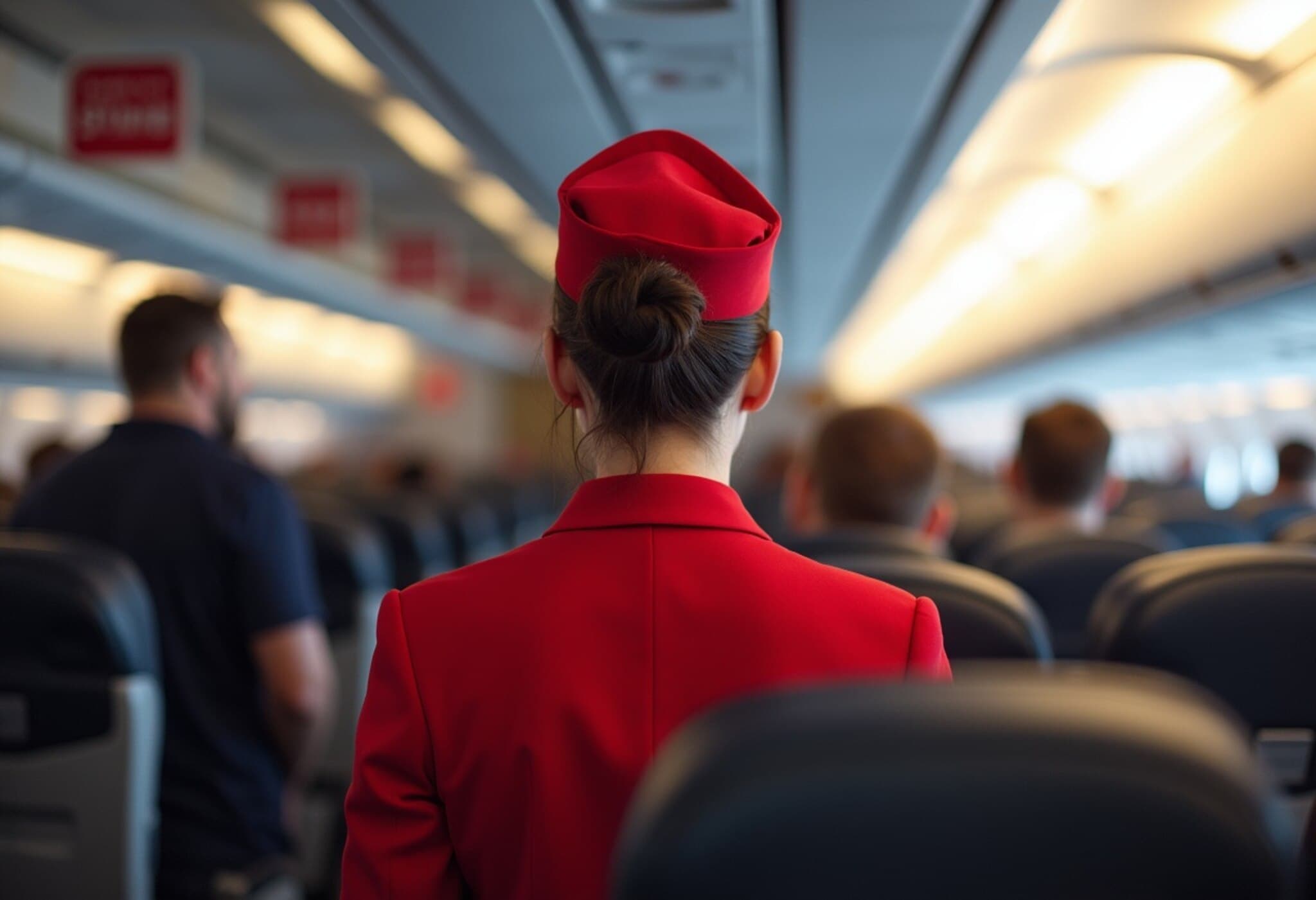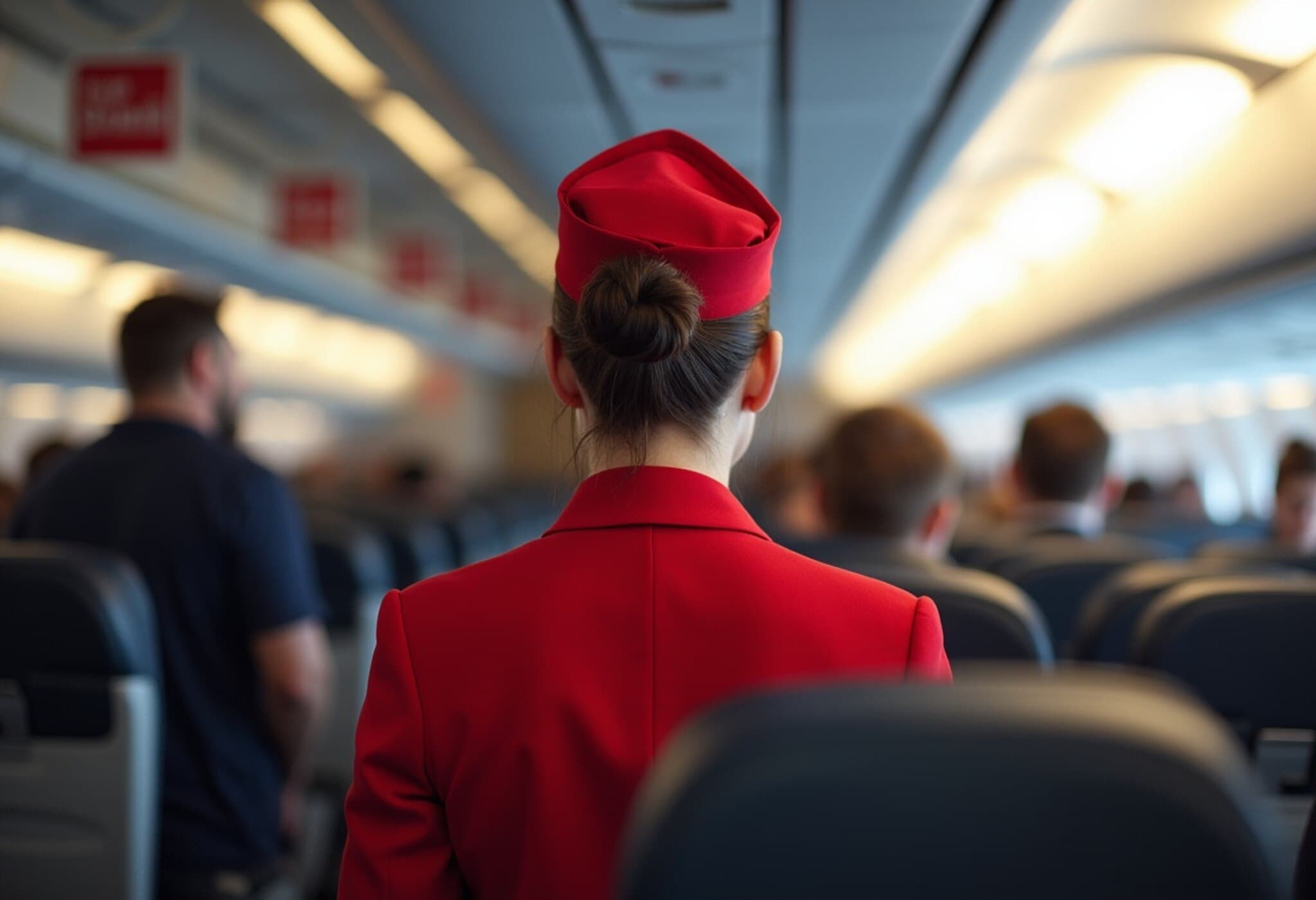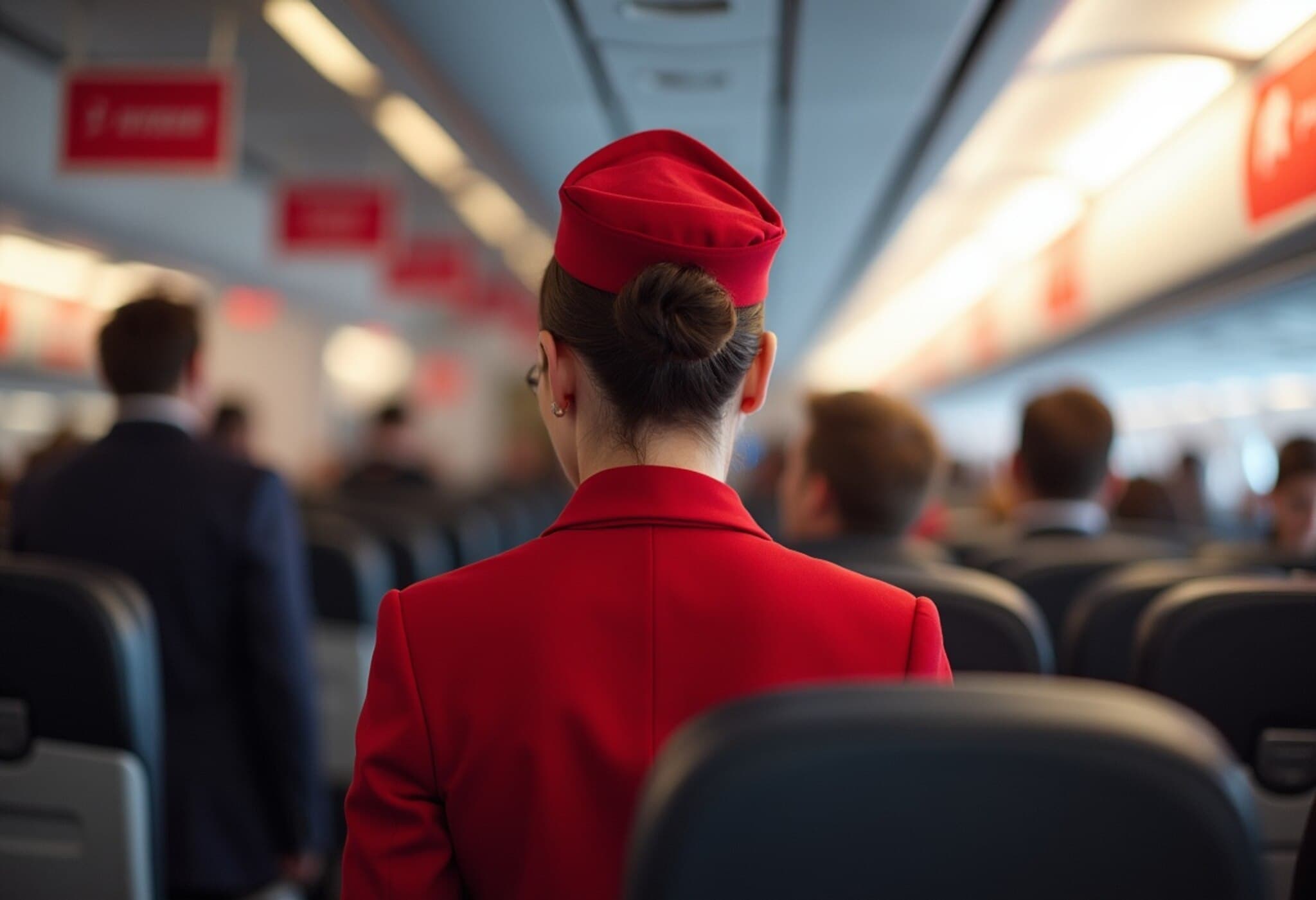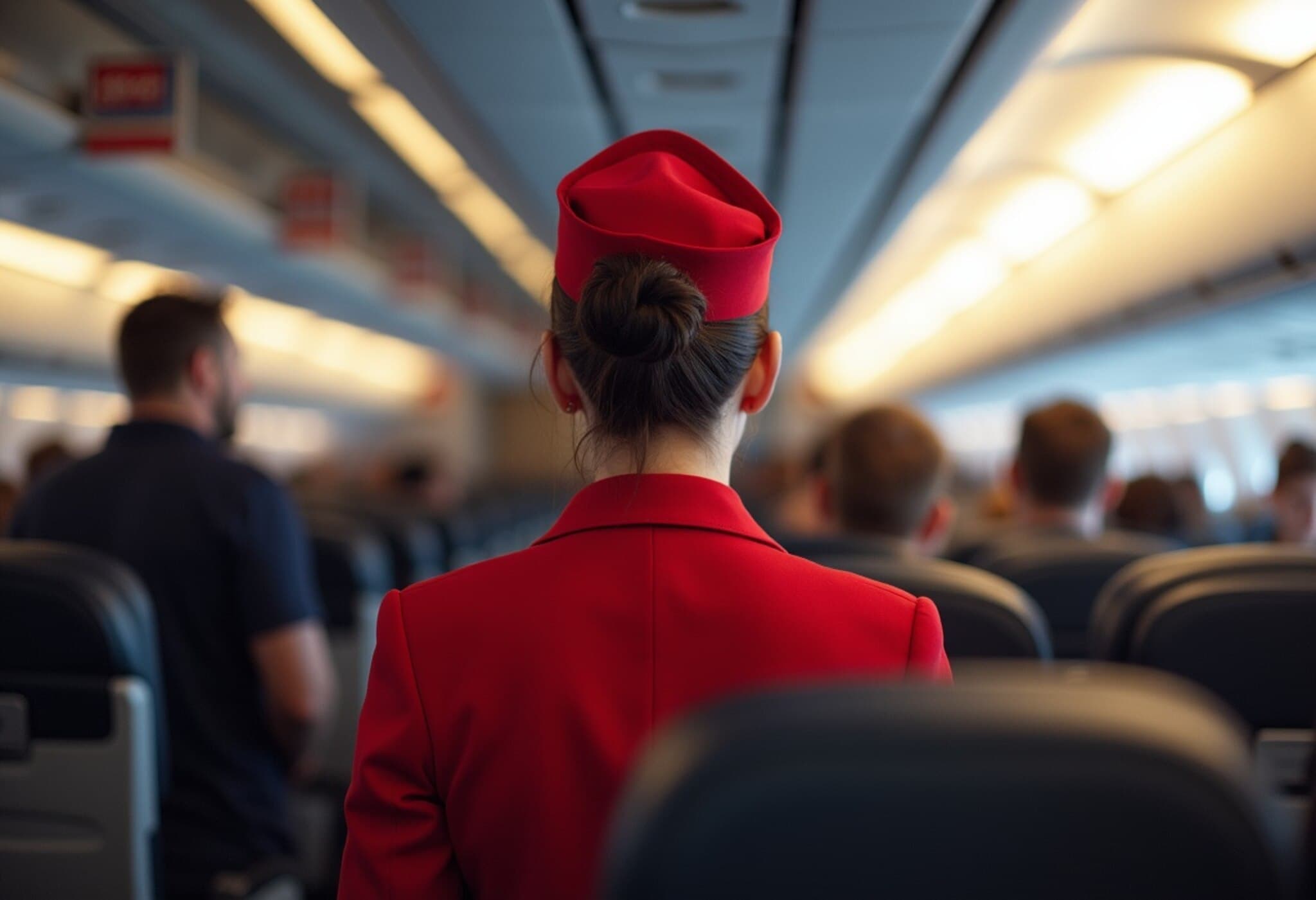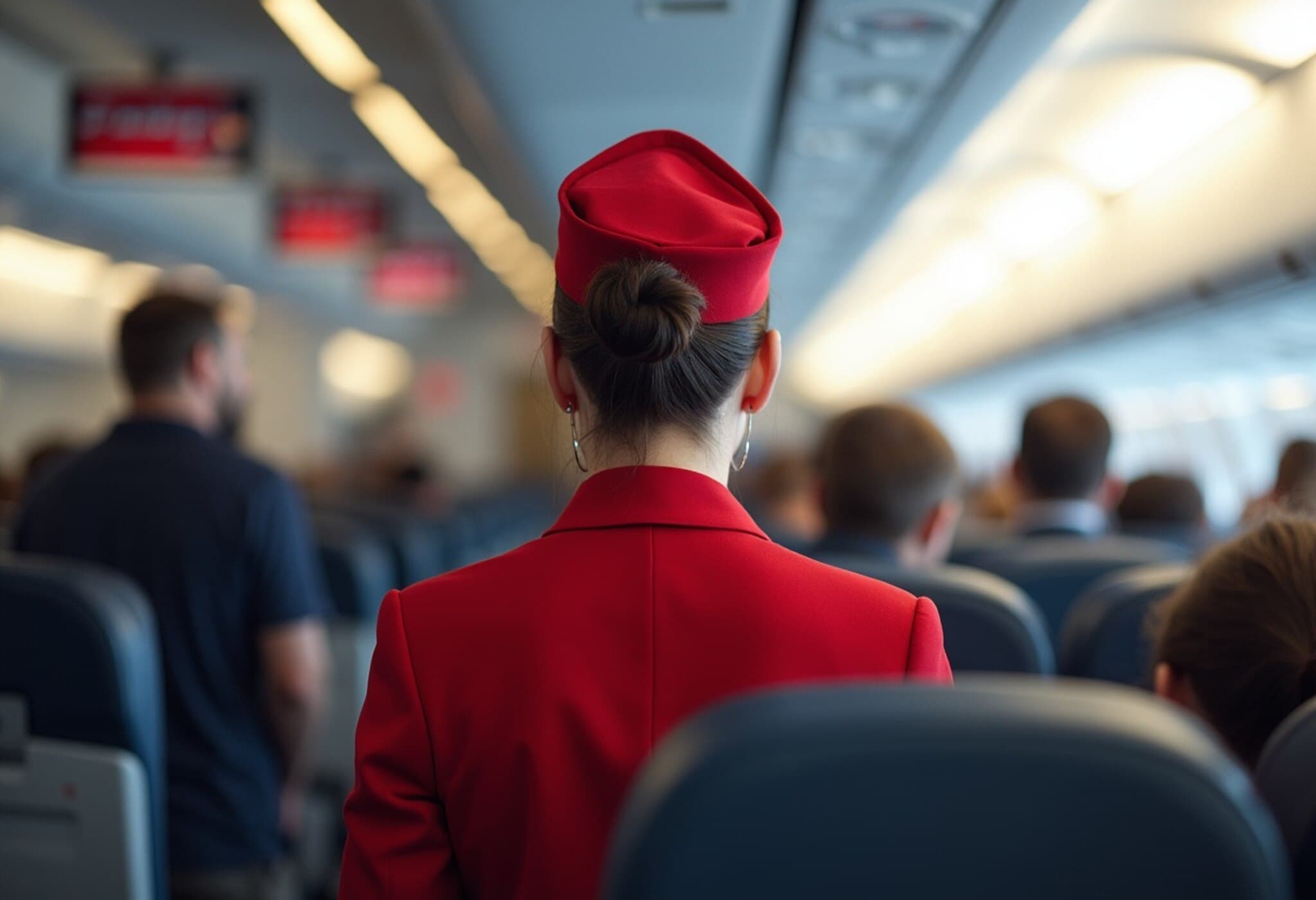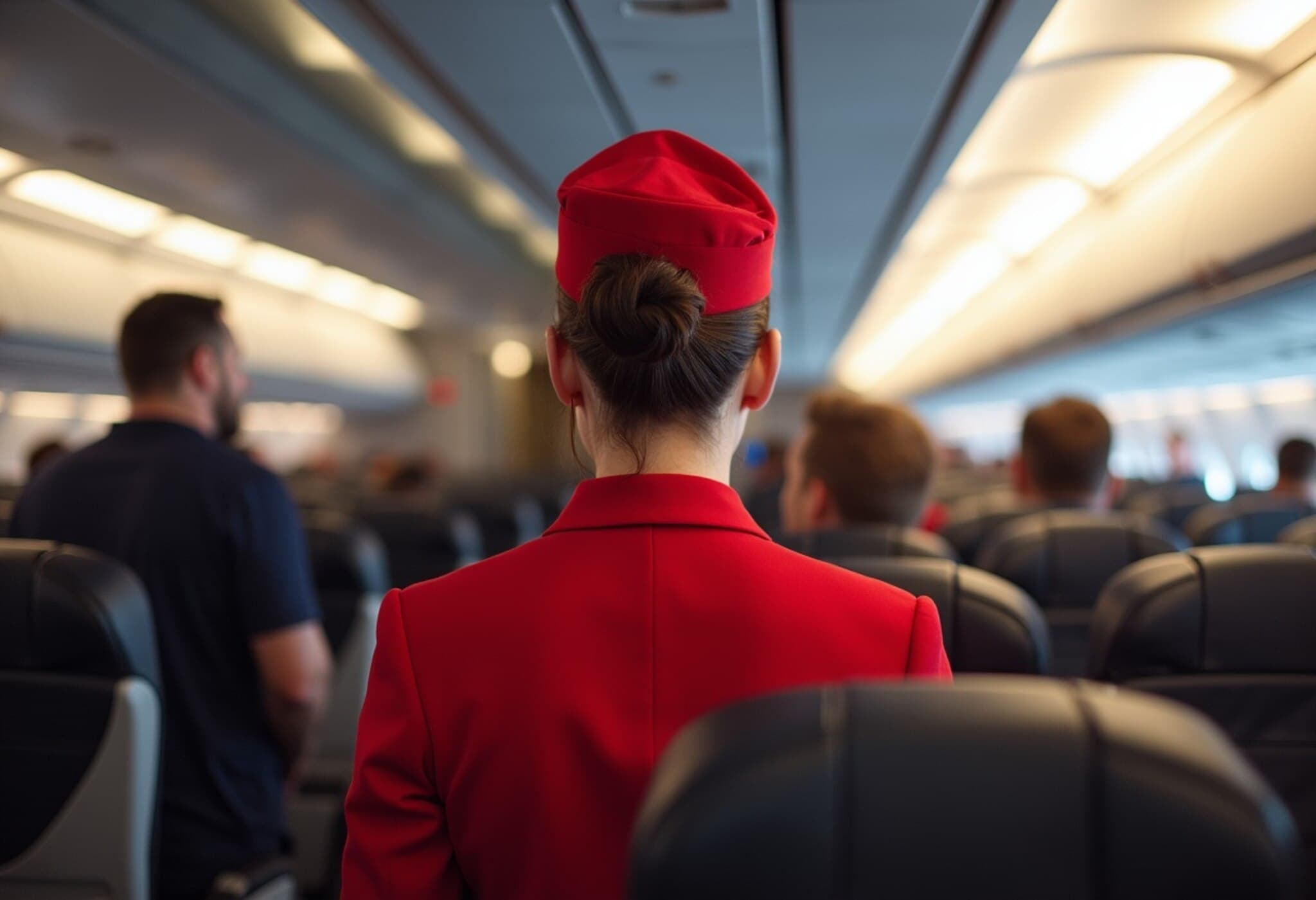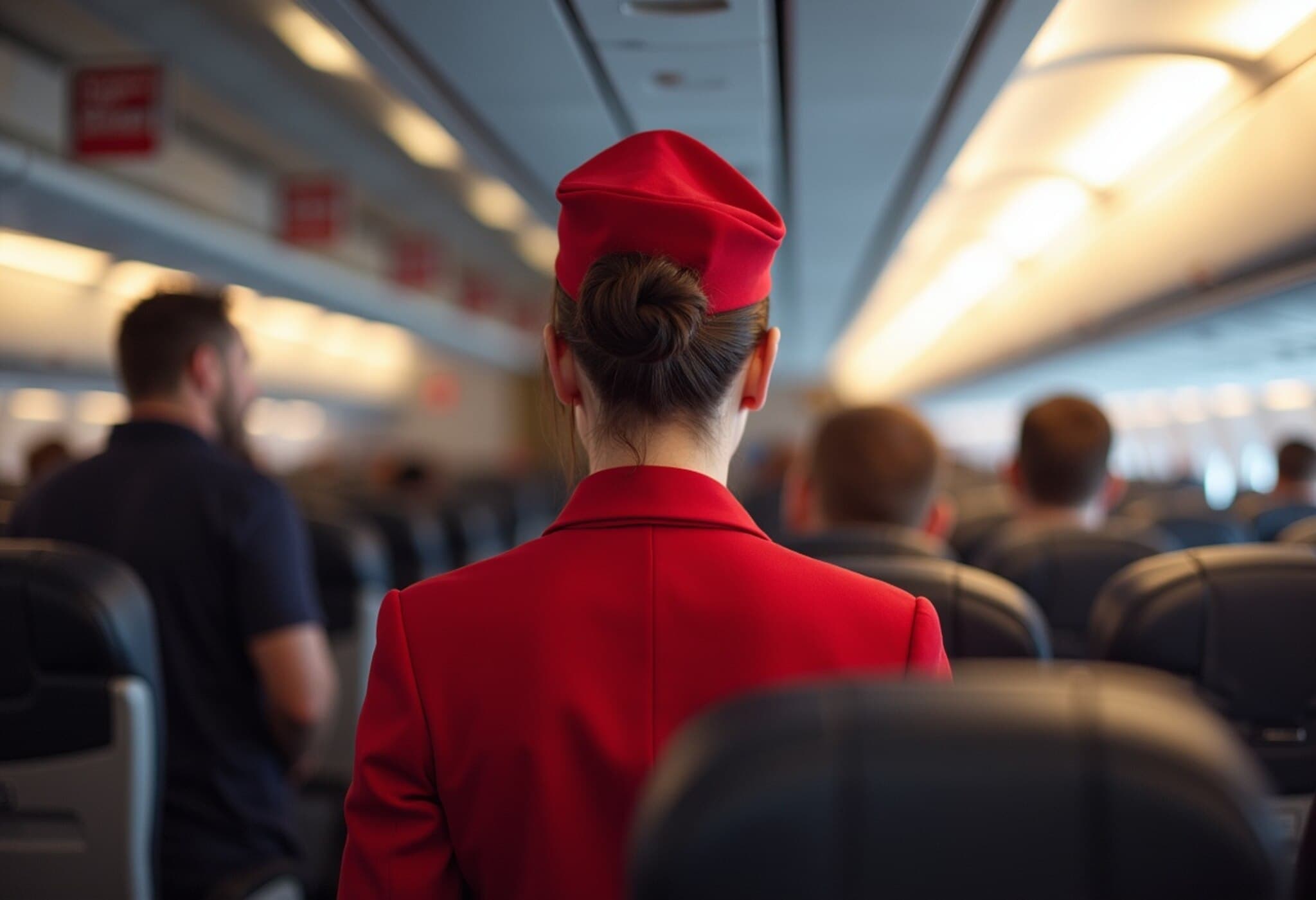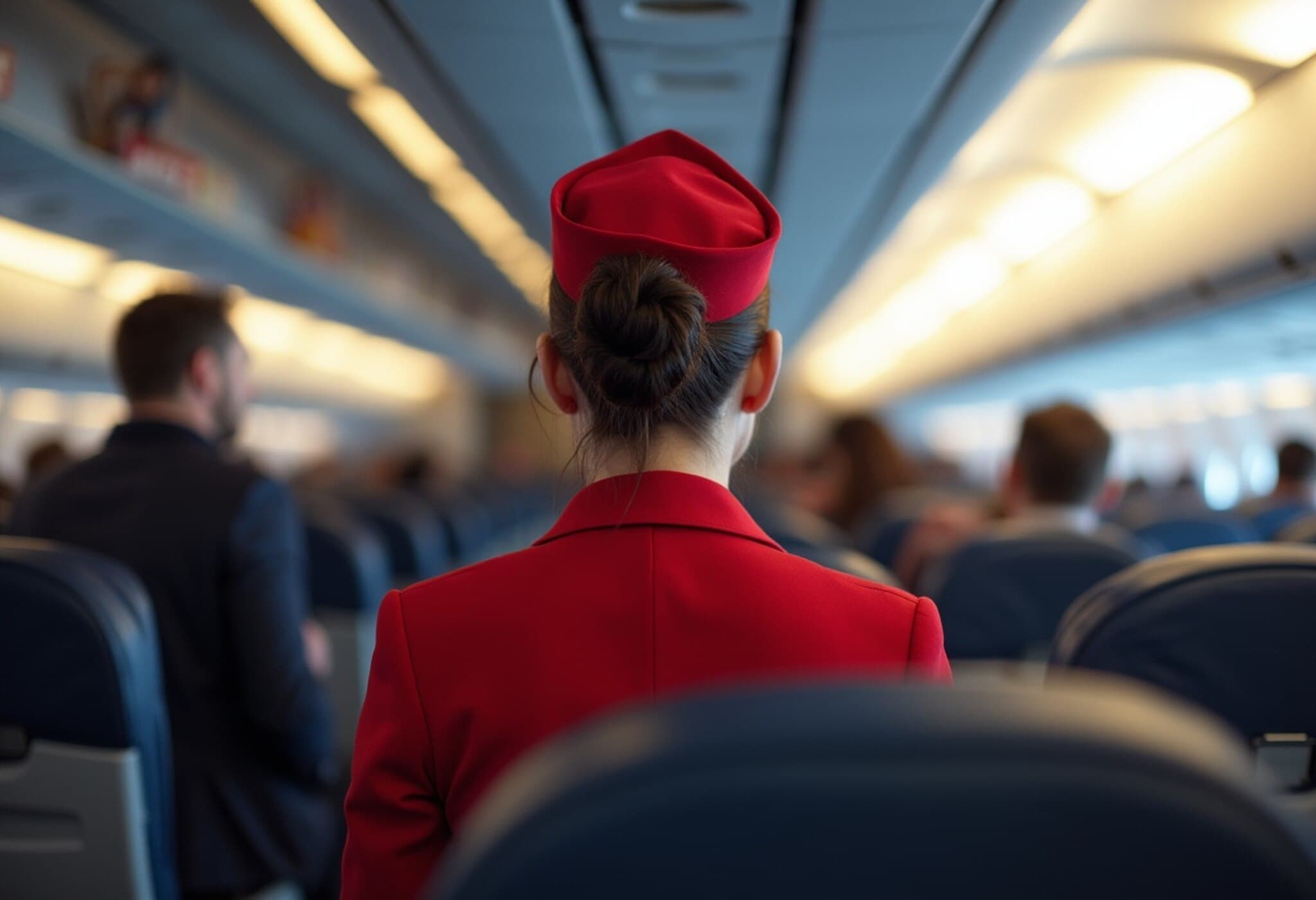Air Canada Begins Canceling Flights as Flight Attendants Strike Nears
In a dramatic escalation to ongoing labor disputes, Air Canada has initiated widespread flight cancellations anticipating a strike by approximately 10,000 flight attendants this weekend. This developing standoff poses a significant disruption risk not only to Canada’s largest airline but to tens of thousands of travelers across North America and beyond.
Strike Notice Sparks Airline Lockout
The Canadian Union of Public Employees (CUPE), representing Air Canada flight attendants, officially issued a 72-hour strike notice that is poised to begin just before 1 a.m. EDT on Saturday. In a firm response, Air Canada swiftly declared a lockout, setting the stage for a near-total operational shutdown amidst peak summer travel season.
Mark Nasr, Air Canada’s Chief Operations Officer, confirmed to Associated Press that the airline has commenced gradual flight suspensions involving both Air Canada and its subsidiary, Rouge. This phased grounding is designed to facilitate an “orderly restart” post-strike, a process predicted to potentially last up to a week in optimal conditions.
Widespread Impact on Passengers and Routes
- Thursday’s cancellations primarily affected long-haul international routes, disrupting key transatlantic and transpacific services.
- By Friday, cancellations expanded to envelop over 100,000 customers, with about 500 flights scrubbed from schedules.
- If the strike and lockout persist into Saturday, an estimated 25,000 Canadians could be stranded abroad without immediate repatriation options.
Passengers impacted by flight cancellations will be entitled to full refunds. Additionally, Air Canada is coordinating with alternate carriers where feasible to provide uninterrupted travel options, a critical relief effort given the scale of the impending disruption.
Core of the Dispute: Pay and Working Conditions
The crux of the labor disagreement centers on what the union defines as "poverty wages" and unpaid labor during essential ground duties, including boarding and airport standby obligations. These grievances have been poignantly visualized through protest signs declaring, "Unpaid work won’t fly" and "Poverty wages = UnCanadian," emphasizing the emotional and ethical undertones of the conflict.
On the company side, Chief Human Resources Officer Arielle Meloul-Wechsler highlighted a comprehensive offer that proposes a 38% increase in total compensation over four years, inclusive of benefits and pension enhancements. Despite this advancement, the parties remain deadlocked with the airline open to consensual mediation, while the union stands firm against binding arbitration, insisting their members must vote on any final agreement.
Government’s Role and Call for Dialogue
Federal Jobs Minister Patty Hajdu has urged both sides to recommence negotiations, emphasizing that the most durable resolutions emerge from direct bargaining rather than external imposition. While she has solicited a response from the union to the airline’s offer of arbitration, the government has refrained from announcing intervention measures at this juncture.
Broader Implications and Regional Context
This labor dispute unfolds amid a challenging era for the aviation industry, already strained from pandemic-related disruptions and soaring operational costs. The potential grounding of the national carrier during the peak travel window threatens to reverberate across sectors, from tourism to supply chains.
Moreover, this conflict spotlights perennial tensions within the airline sector around fair compensation and the valuation of frontline workers. The union’s stand reflects a broader North American trend advocating for equitable wages and recognition for roles traditionally undervalued despite their operational criticality.
What Passengers Should Know
- Check Flight Status Early: Travelers are advised to monitor Air Canada’s communications closely and verify flight statuses well ahead of scheduled departures.
- Explore Alternatives: Those with imminent travel plans should contemplate flexible routing or carriers to mitigate itinerary disruption.
- Understand Your Rights: Passengers impacted by cancellations are entitled to full refunds and may be eligible for accommodation or alternative transport arrangements.
Editor’s Note
The unfolding Air Canada labor dispute underscores a timeless question of workforce valuation in high-stakes industries. While negotiations are a natural part of balancing corporate sustainability with employee welfare, the near-term consequences for millions of travelers highlight the fragility of global mobility infrastructure. As the dialogue progresses, one must consider: How will airlines recalibrate labor relations in a post-pandemic world where employees increasingly demand recognition not just in words but equitable compensation? And, importantly, what protections should governments enforce to safeguard the public against service disruptions driven by labor unrest?
For now, all eyes remain on the bargaining table, where the hope is a resolution will emerge that honors the dignity and livelihoods of flight attendants without sacrificing the needs of a traveling public eager to reconnect with the world.
(Sources: Associated Press, Reuters)

